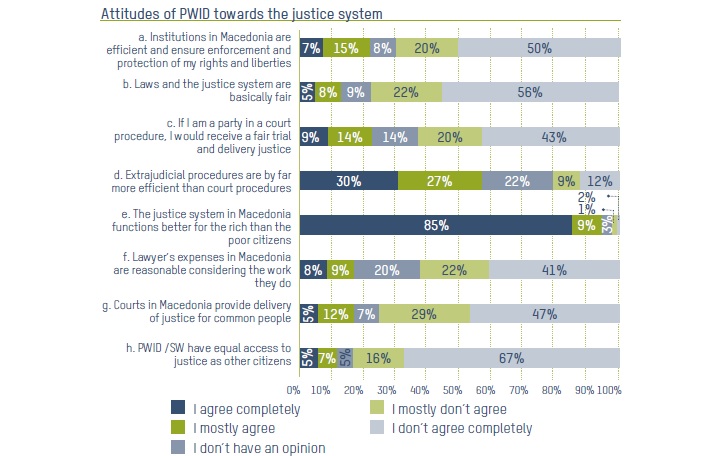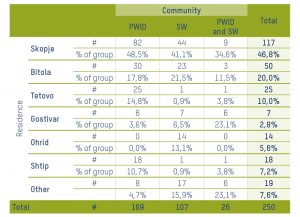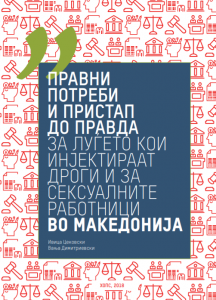On the occasion of the International Overdose Awareness Day (IOAD), DPNSEE issued a press release underlining the importance of awareness and fighting stigma on overdose and presenting data about the issue worldwide and especially in Serbia. The release was published by the national Press agency Tanjug and several other media and portals.
The press release is downloadable following this link>>>
In Montenegro, NGO Juventas also issued a press release (supported by the NGO 4 Life) and held a press conference where Marija Mijović, coordinator of Programme of direct assistance to the people in risk of social exclusion presented situation in the country. A movie “Overdose”, directed by Mladen Vujović, outreach worker at the Drop-in Centre of NGO Juventas, Montenegro in cooperation with the Hungarian Drug reporters, was screened at the Green Montenegro International Film Festval.
Our colleagues from the Romanian Harm Reduction Network created a special video for this year’s IOAD campaign. Have a look at “Voices of the drug users. Episode 1”
Association AREAL and AREALTRIBE group from Slovenia organized a workshop dedicated to the International overdose awareness day on 1 September 2019 in Ljubljana, Slovenia. Participants were educated how to respond if an individual finds himself or herself in that position.
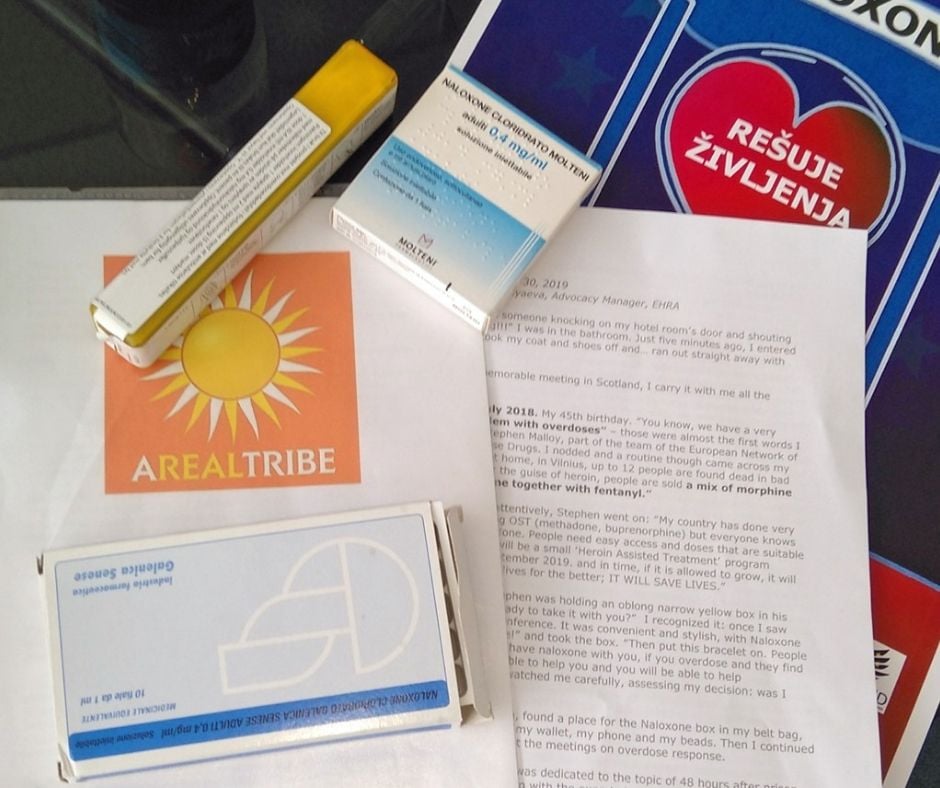
Our colleagues from the Healthy Options Skopje (HOPS) promoted widely their webpages related to overdose and drugs

Thousands of people die each year from drug overdose and the fact is, overdose is an increasing global problem. Spreading the message that the tragedy of overdose and injury is preventable, International Overdose Awareness Day raise awareness of overdose and reduces the stigma associated with the drug-related death. Also, the day of awareness is providing support to families and loved ones of overdose victims, so that no one is forgotten.
Time to remember – time to act.

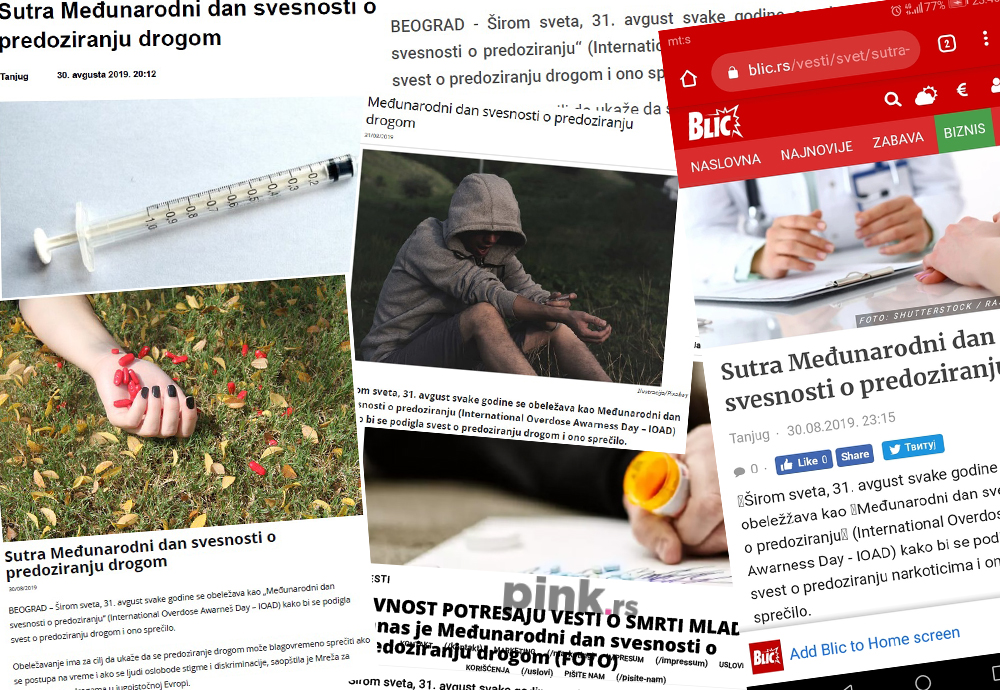

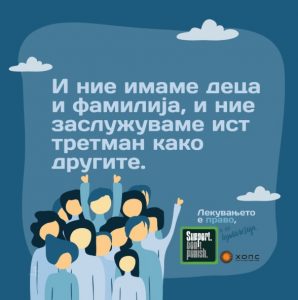 HOPS – Healthy Options Skopje hosted the “Support. Don’t Punish” campaign activities for the fifth time. The focus of HOPS campaign in 2019 is on the quality of treatment programs in Macedonia. The situation in Kisela Voda community is currently critical, with the Daily Centre for Prevention and Treatment of Addictions.
HOPS – Healthy Options Skopje hosted the “Support. Don’t Punish” campaign activities for the fifth time. The focus of HOPS campaign in 2019 is on the quality of treatment programs in Macedonia. The situation in Kisela Voda community is currently critical, with the Daily Centre for Prevention and Treatment of Addictions.
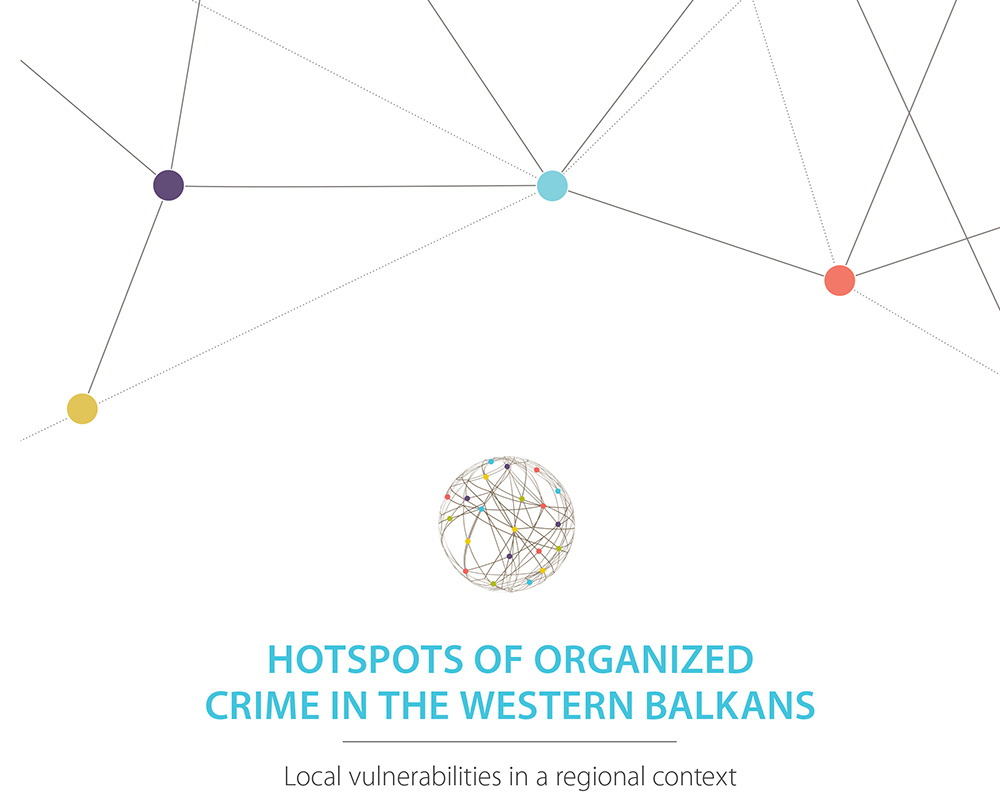

 The report is available in
The report is available in 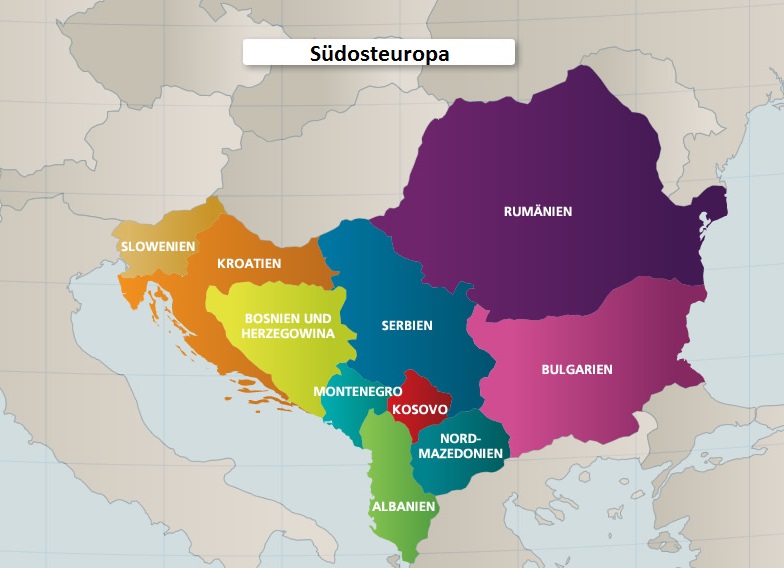
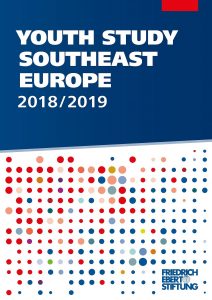 The most important results are grouped under headlines:
The most important results are grouped under headlines: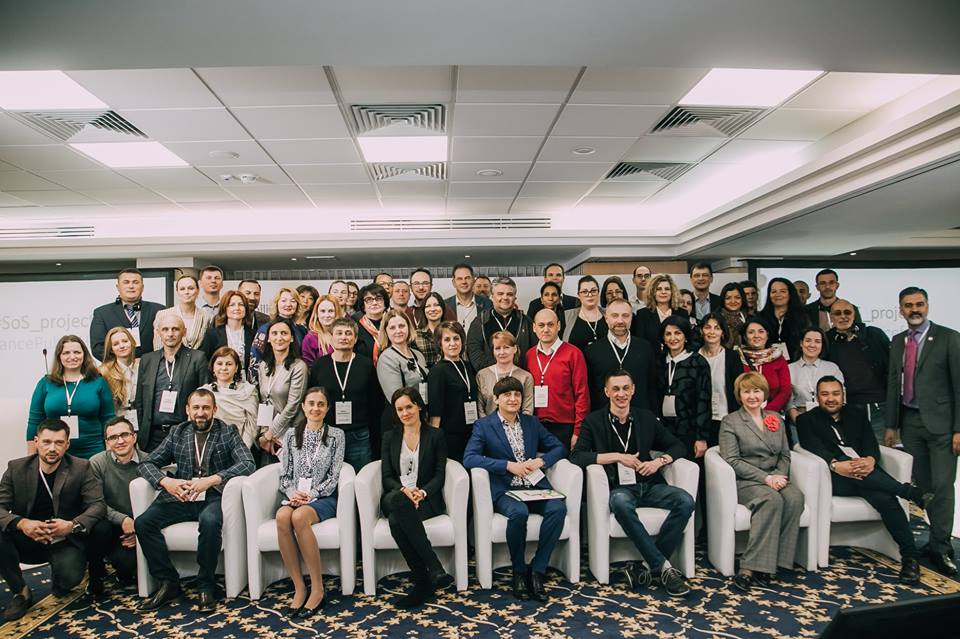

 Andriy Klepikov, the Executive Director of the Alliance for Public Health, said that almost half of these funds ($ 5.6 million) will go to the advocacy of the reduction of prices for ARV drugs and optimization of procurement mechanisms. Another quarter of the project budget ($ 3.2 million) is planned for budget advocacy. $ 1.6 million is provided for the removal of legal barriers, the same amount for project management. Another $ 1 million will go to operational research.
Andriy Klepikov, the Executive Director of the Alliance for Public Health, said that almost half of these funds ($ 5.6 million) will go to the advocacy of the reduction of prices for ARV drugs and optimization of procurement mechanisms. Another quarter of the project budget ($ 3.2 million) is planned for budget advocacy. $ 1.6 million is provided for the removal of legal barriers, the same amount for project management. Another $ 1 million will go to operational research.
